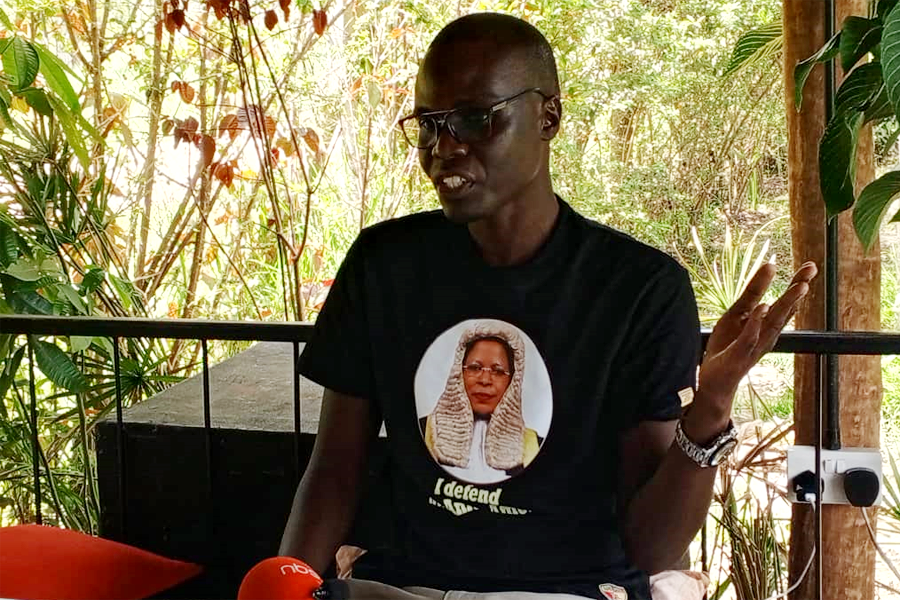When I invest in a business selling shares, how much do I get every month?
One of the ways businesses raise money is through selling shares. Shares are units of value of a company or business.
Buying shares is different from lending a business money. Many times when people buy stock/shares in a business the presumption is they will have fixed returns.
Keep Reading
"So when I invest Shs 1 million in shares, how much do I get every month?" They will ask.
For starters companies don't pay dividends daily, weekly or monthly because they need that money to operate/run.
So if you are looking at something that will give you a daily,weekly or monthly income then buying stocks isn't the thing for you look at.
Dividends which are the proceeds from your shares in a business are shared at the end of the year if the business has made a profit after its expenses and taxes have been settled.
This means if there's no profit made then there's nothing to share. If the business has made a loss then it has to find away to cover these losses.
Many times these losses don't get extended to preferential share holders. So who are preferential share holders?
A business is always started by someone/people. You can call them originators of the idea or equity shareholders. They are the ones that open up the business for others to invest in.
These are the ones that usually carry the burden of any losses the business makes not these new people they opened the door for to invest. The new guys only want to hear about profits.
When there are profits to share they also pay themselves last after paying the preferential shareholders or rather the new people they opened the doors for to invest.
When the business is sold they also pay themselves last after every one else has been paid/settled to zero balance. So when you invest in a business, you don't expect to have a stipulated fixed return because then that becomes a loan to the business.
When you invest in a business and buy a number of shares they are computed into a percentage of ownership in the business for example 10%.
If your shares are equal to 10% of the business then every time a business makes profits you are entitled to 10% of the proceeds.
Let's say you invest in a start up, the first two years there maybe nothing to share because the business hasn't broken even or started making profits.
Then it makes Shs 100 million in profits in the third year, your pay out would be Shs 10 million. Then it makes Shs 300 million in the 4th year, your pay out would be Shs 30 million. If it makes Shs 1 billion, your pay out would be Shs 100 million. MTN for example made Shs 1.9 trillion in 2020, if you owned 1% of MTN you would have a pay out of Shs 19 billion.
In the process, the value of your share also keeps increasing to. In that if you invested 5M in the start, by the time the business is making a billion in profits your shares may be worth 200M. If some one wanted to buy them thats for example how much they would have to pay you.
My advice is if you invest in a start up be ready to wait at least two years. If you invest in an already big company like Apple, Umeme, Tesla the returns will be so small because the company is already established and the risk are low and really doesn't need your money.
With low risk comes low reward. With big risk comes big reward if it works out.
Today I will stop here as we learn about stocks/shares and how to invest and make money from them for a life time.
Jaluum Herberts Luwizza is a Speaker,Writer and Business Columnist with the Nile Post.He is also a Business Consultant at YOUNG TREP East Africa's No.1 Business Management and Consultancy firm that helps people start and grow profitable businesses.
twitter:jaluwizza
facebook: jaluum Herberts luwizza
+256 787555919
Whatsapp 0716223986













